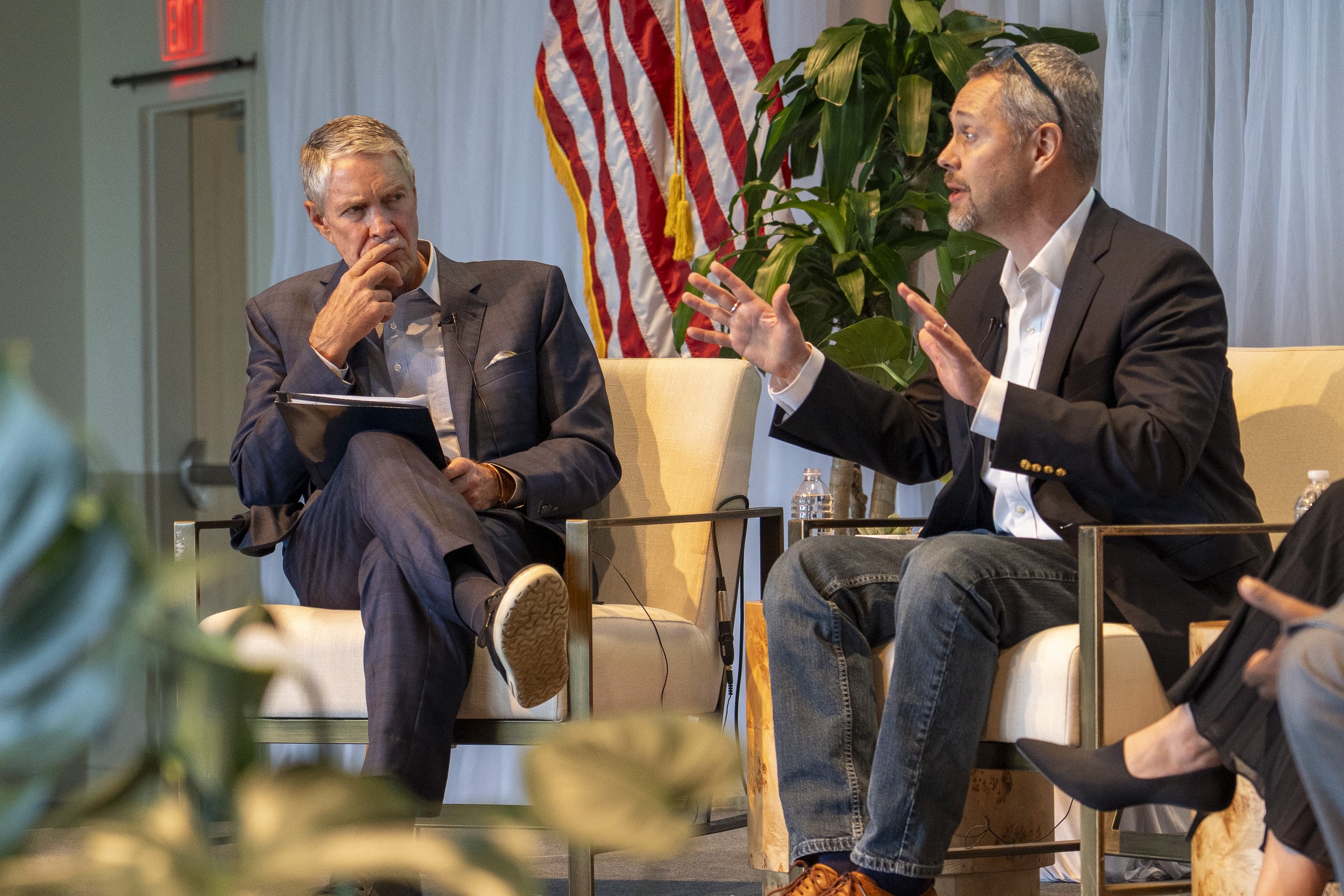Nashville Symposium Explores How Environmental Factors Shape Student Success
Extreme weather, rising temperatures, and other environmental changes are affecting how Tennessee students learn and thrive, and experts say action is needed now.
The State Collaborative on Reforming Education (SCORE) convened national and state leaders from education, environment, health, and business sectors on Thursday for Connecting the Dots: The Environment’s Impact on Student Success, a symposium examining how environmental factors influence academic achievement, physical and mental health, and career opportunities for students.
A recent study highlighted the effects of heat on learning, finding that temperatures alone can significantly impact academic outcomes. Test performance dropped 13 percent on days reaching 90°F compared with 72°F, with math scores declining three times more than reading during heat waves.
In response, the symposium, hosted by SCORE Founder and Chairman Sen. Bill Frist, M.D., offered a platform for leaders across sectors to share expertise, spotlight innovative solutions, and identify opportunities for collaboration benefiting students, Tennessee’s workforce, and the planet.
“Today’s conversations underscored that while education and the environment are distinct issues, they intersect in powerful ways that impact student success,” Frist said. “By connecting the dots now, we can turn environmental challenges into opportunities to prepare and empower the next generation.”
Speakers emphasized the importance of working together across fields, [SA1] urging stakeholders to align research, policy, advocacy, and practical action to address environmental impacts on education in Tennessee and nationwide.
Representatives from organizations including the Tennessee Wildlife Federation, Tennessee FFA Foundation, BlueCross BlueShield of Tennessee, Jobs For the Future, SubjectToClimate, Oak Ridge Associated Universities, UndauntedK12, The Nature Conservancy, Medical Society Consortium on Climate and Health, and Tennessee Nature Academy participated. Students and teachers also contributed their perspectives, grounding the discussion in real classroom and community experiences.
Panel discussions and presentations focused on several key topics:
· The impact of extreme weather events on society and students
· How environmental factors influence student health and academic outcomes
· The benefits of nature-based teaching and learning for student success
· Modernizing school infrastructure for safer, healthier learning environments
· Student workforce opportunities and the role of career and technical education
· The power of bipartisan policy solutions
· Empowering students as leaders in driving sustainable solutions
For additional information, resources, and event recordings from Connecting the Dots, visit SCORE’s website.


